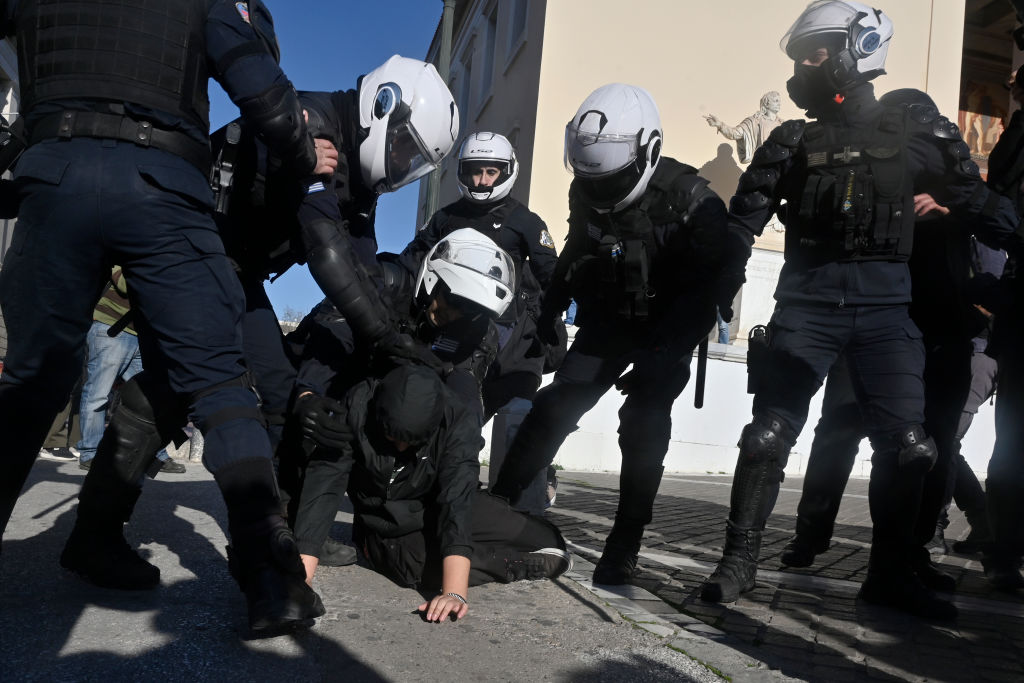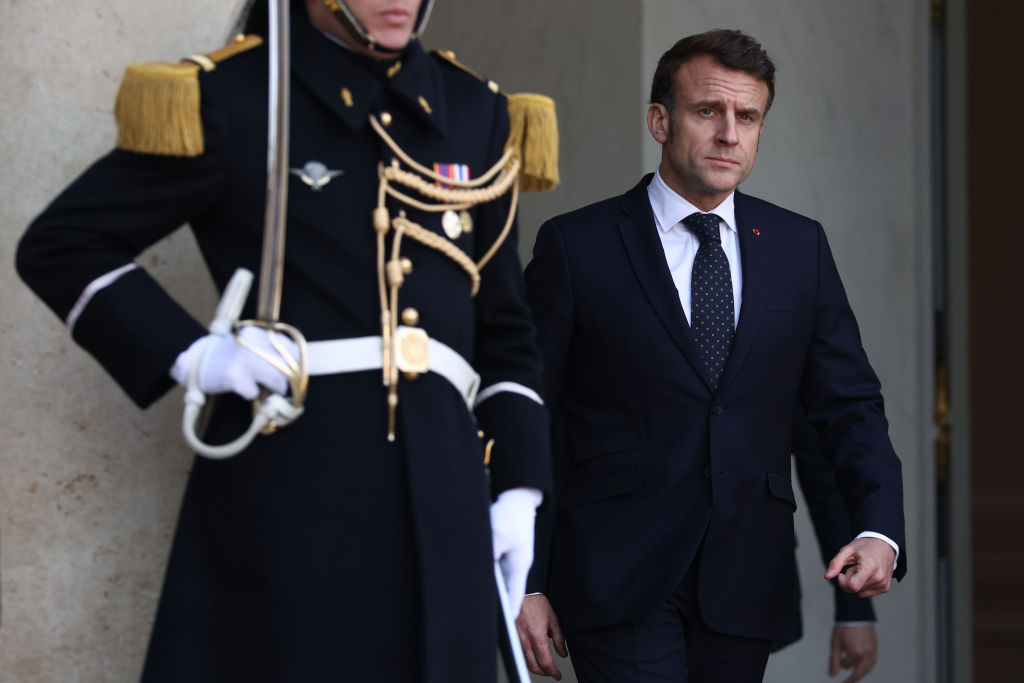The EU’s southern frontier – Greece, Italy, and Spain – teeters on the edge of collapse, battered by a migration crisis that Brussels aggravates. As Central and Northern European elites, driven by electoral panic, embrace conservative policies, they risk turning these Mediterranean nations into Europe’s human dumping grounds.
One latest development is particularly alarming: In April 2025, Germany’s Federal Administrative Court ruled Greece a “safe country” for returning single, healthy male migrants with protection status there, arguing they can survive with minimal provisions -“bread, bed, and soap”.
While the European Court of Human Rights (ECHR) in October 2024 condemned such automatic returns, the German decision is legally framed, tied to the 2018 Seehofer Deal, which, under conditions, allows Germany to send asylum seekers back to where they came from. However, it exposes a grim reality: Northern Europe is offloading its migration burden southward, ignoring ECHR warnings about Greece’s strained system.
Let us be blunt: The EU’s migration framework is a farce, with the 2016 EU-Turkey deal as its crumbling cornerstone. Meant to curb Aegean crossings by returning irregular migrants to Turkey, it collapsed when Ankara halted returns in March 2020, citing COVID and alleged Greek pushbacks.
Greece now faces a relentless tide: 60,000 illegal arrivals processed in 2024, up 50 per cent from 48,721 in 2023 (which was already more than double the 2022 numbers). Italy recorded 66,000 sea arrivals, down 59 per cent from 2023 due to Central Mediterranean controls, but Lampedusa remains overwhelmed. Spain’s Canary Islands saw 47,000 arrivals, up 18 per cent. Deportations lag miserably: in Q4 2024, only 28,630 of 124,935 ordered to leave were returned, a mere 23 per cent.
Migrant populations from Africa and Asia place immense strain on frontline states’ societies, stretching resources and fraying social fabric. These countries, already scarred by economic crises, struggle to provide housing, healthcare and jobs for their own citizens, let alone hundreds of thousands of newcomers.
Cultural differences also spark tensions: Reports of gender-based violence in camps and urban crime spikes linked to migrant groups erode trust. In 2024, Greece’s official unemployment rate hovered at 9.5 per cent, yet migrants compete for low-skill jobs, undercutting wages.
The EU’s new Pact on Migration and Asylum, adopted in 2024, offers no relief. It cements the Dublin Regulation’s burden on first-entry states, allowing countries like Poland and Hungary to pay fines instead of hosting migrants. Amnesty International warns the Pact’s focus on border detention and rapid deportations risks “a surge in suffering”.
Europe’s legal framework is inherently problematic. The ECHR’s January 2025 ruling against Greece for illegally deporting a Turkish woman, citing alleged pushbacks, is characteristic. Deals with Tunisia, Egypt, and Mauritania – backed by €7.4 billion in EU funds – also fail to curb flows, as origin countries often refuse returns.
Take Pakistan as a case study. It is not at war, nor has it suffered recent natural catastrophes. Its 2022 floods, while severe, are distant history, with recovery bolstered by $10 billion in international aid. Pakistan has a more or less stable government and its economy is improving, with 4 per cent GDP growth projected for 2025. Yet, Pakistanis rank among the top nationalities seeking asylum in Greece.
Granting asylum to Pakistanis risks incentivising economic migration, clogging Greece’s overburdened system and diverting resources from genuine refugees, like some Syrians fleeing active conflict. In 2024, less than half of Pakistani asylum applications in Greece were approved, yet as a rule rejected applicants remain due to Pakistan’s refusal to accept returnees, leaving Greece to bear the cost.
At the same time, Northern Europe is turning increasingly conservative, and this has repercussions. Germany’s AfD surges as asylum applications hit 294,415 in 2024. France’s Michel Barnier, who hopes to run for president in 2027, pushes rapid deportations, while Denmark eyes Rwanda-style schemes. These moves, while politically savvy, deepen the South’s plight. By deeming Greece “safe,” Germany threatens to flood an already collapsing system.
The EU’s obsession with externalisation – see Italy’s Mattei plan for Africa or von der Leyen’s third-country deals – ignores the truth: Frontline states cannot absorb endless arrivals without enforceable deportations or true burden-sharing.
Greece, Italy, and Spain are not just borders. They are the EU’s moral fault lines. Without mandatory relocations and sanctions on non-compliant countries, these nations face a future of demographic substitution, rising crime, lost sovereignty and cultural erosion.
The ghosts of Thermopylae and Rome weep as their heirs are abandoned. Brussels must awaken, wield the sword of resolve, and save its southern flank – or stand condemned as the architect of Europe’s fall.





Greece: corrupt elites bring a nation to its knees, Brussels beware